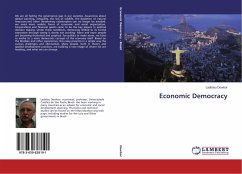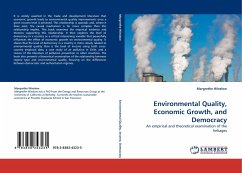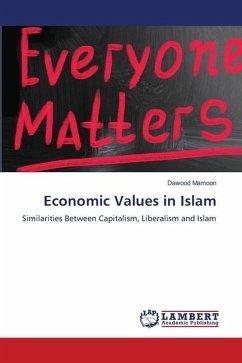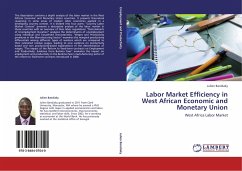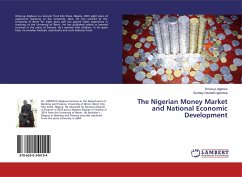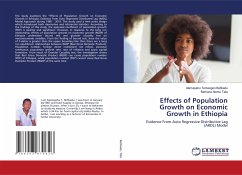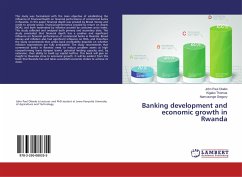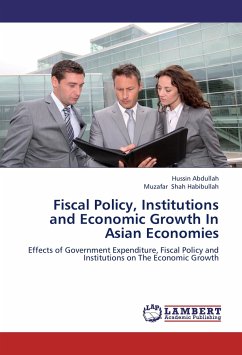We are all feeling the governance gap in our societies. Awareness about global warming, inequality, the loss of wildlife, the depletion of natural resources and other threatening catastrophes can no longer be avoided, we need more realistic forms of economic and social organization. Corporations and financial giants came to be the key players in political decision making. Under these conditions, democracy limited to its formal expression through voting is clearly not working. More and more people are becoming frustrated and sceptical. For politics to make sense, we have to evolve to a more democratic concept of the economy itself. Based on the Brazilian and other experiences, this essay presents in a simple way the various challenges and alternatives. Many people, both in theory and applied development practices, are building a new image of where we are heading, and what we can change.
Bitte wählen Sie Ihr Anliegen aus.
Rechnungen
Retourenschein anfordern
Bestellstatus
Storno

